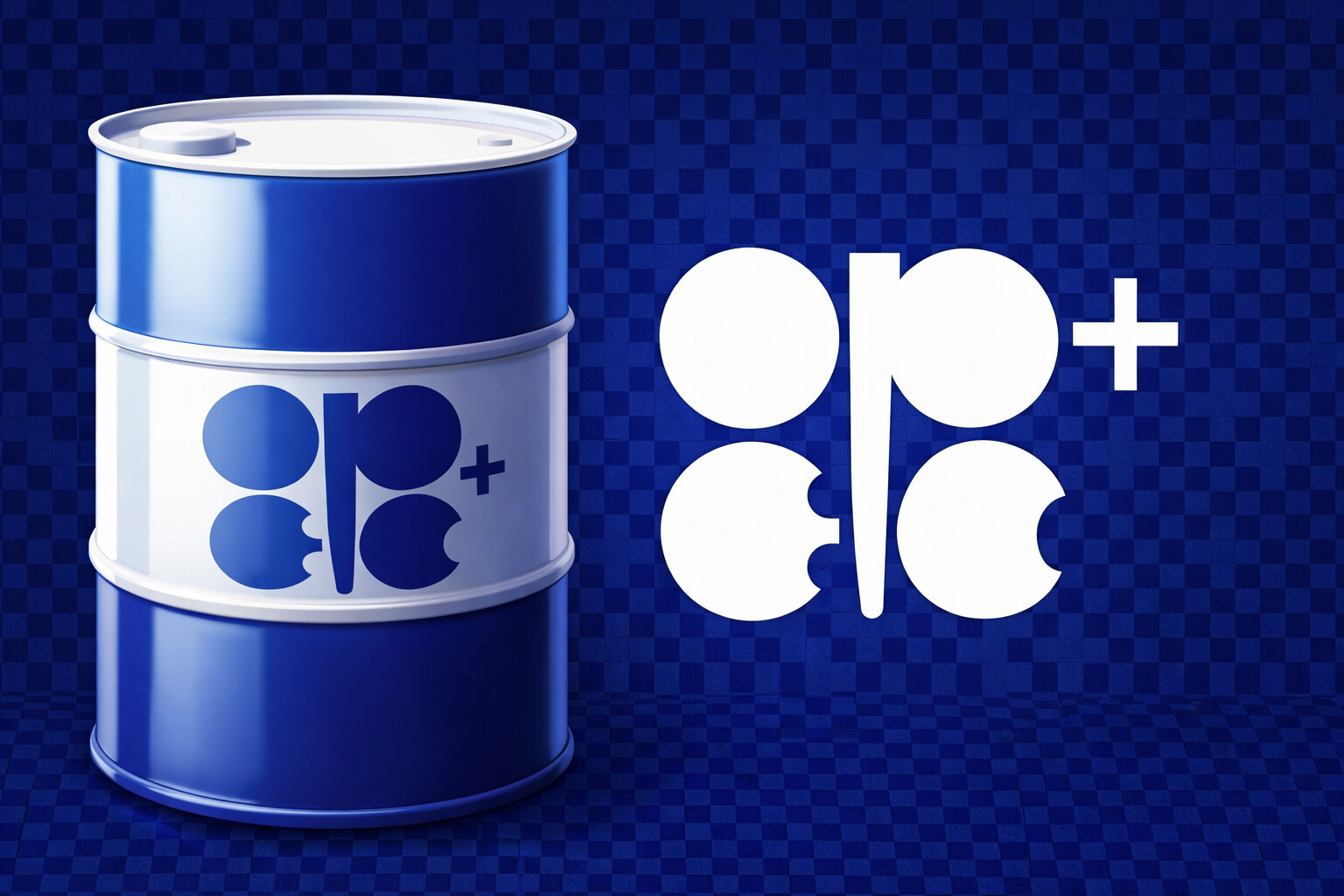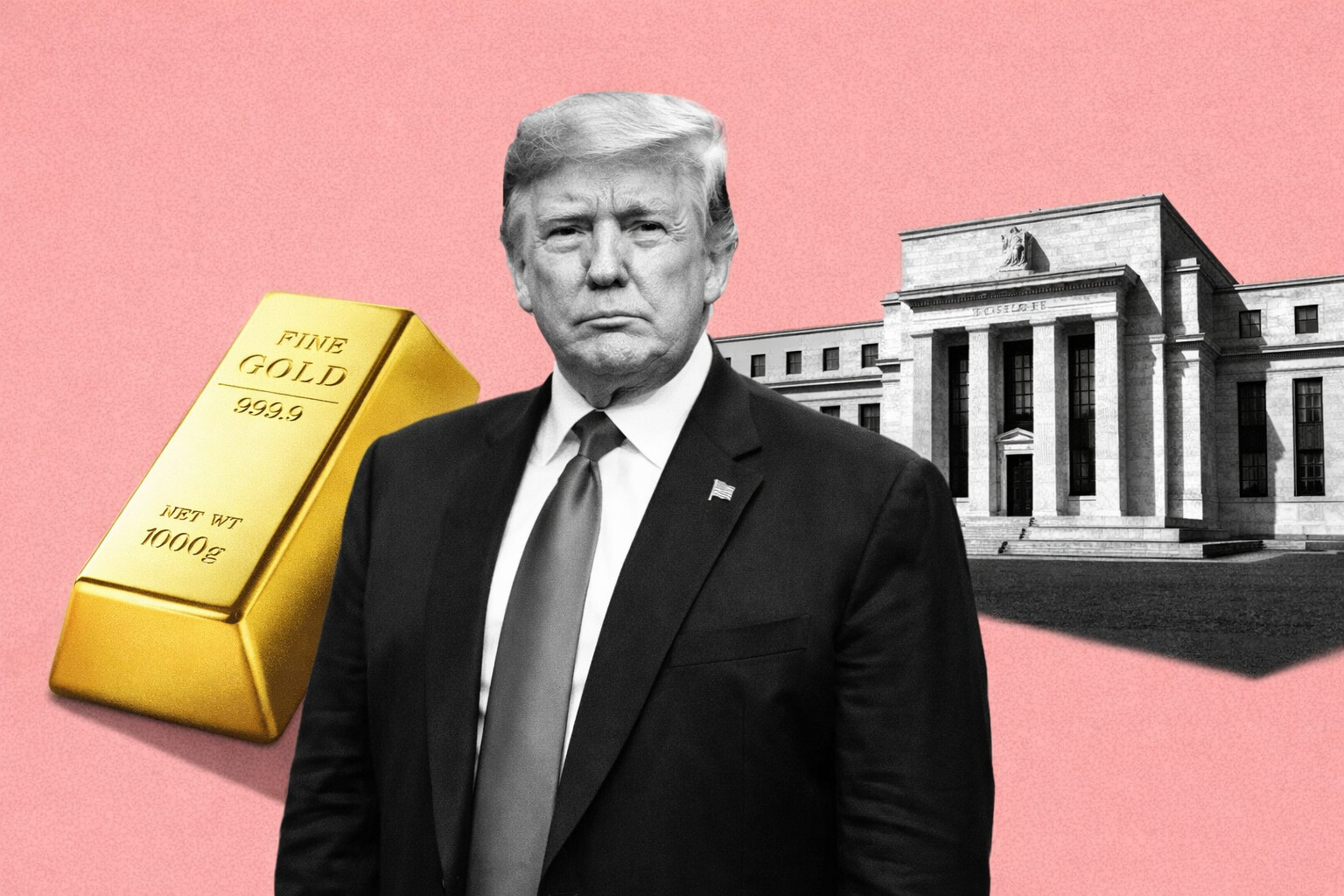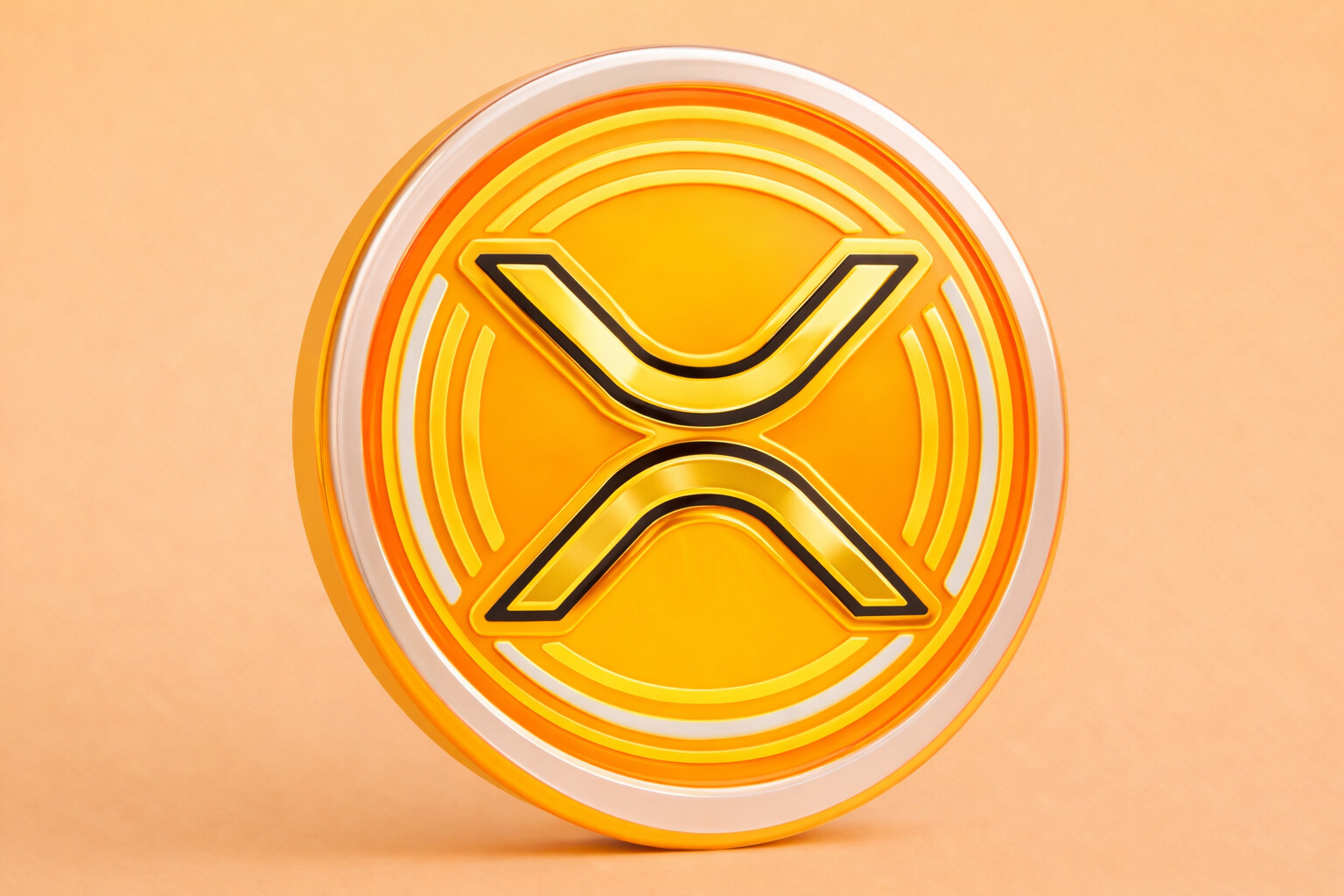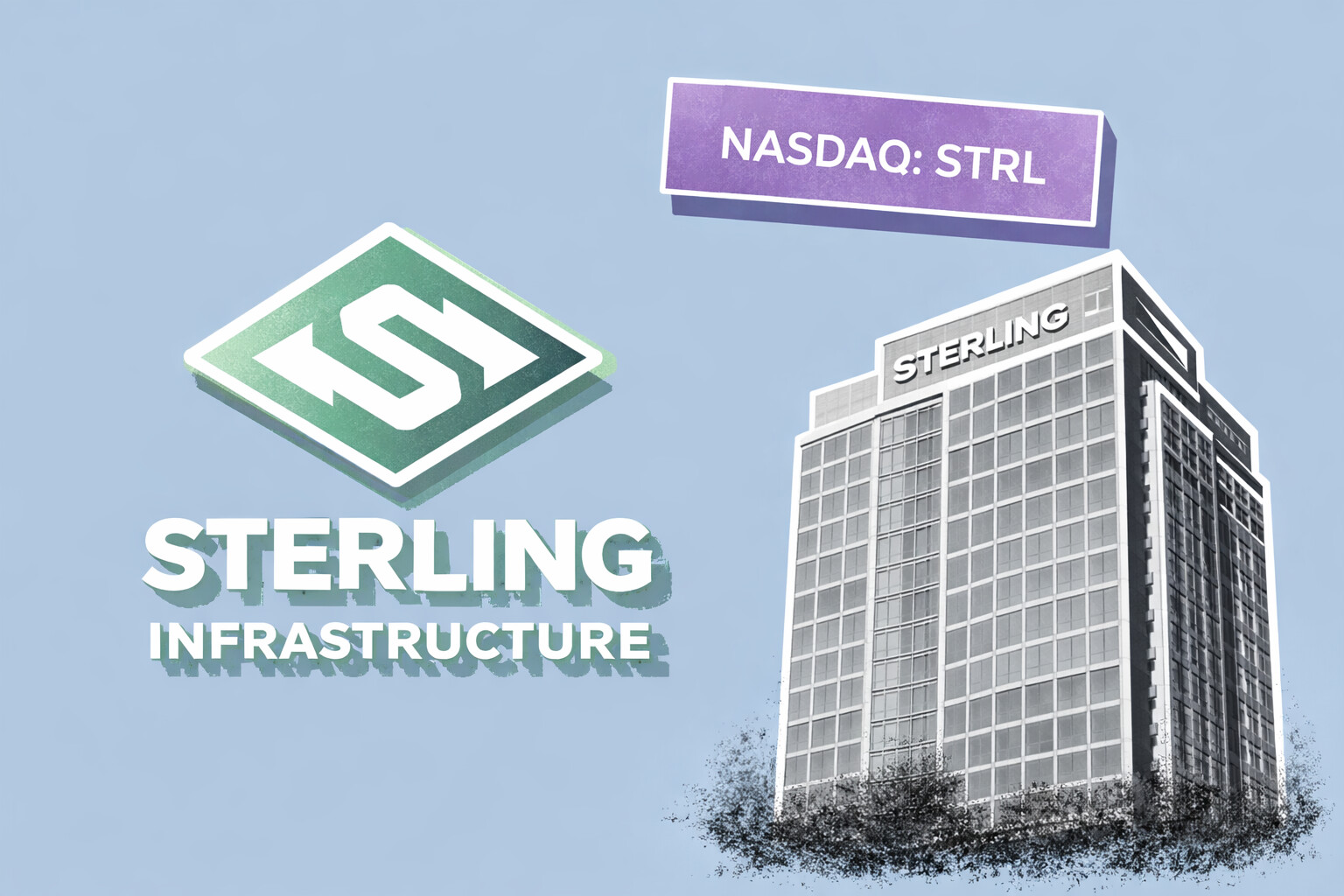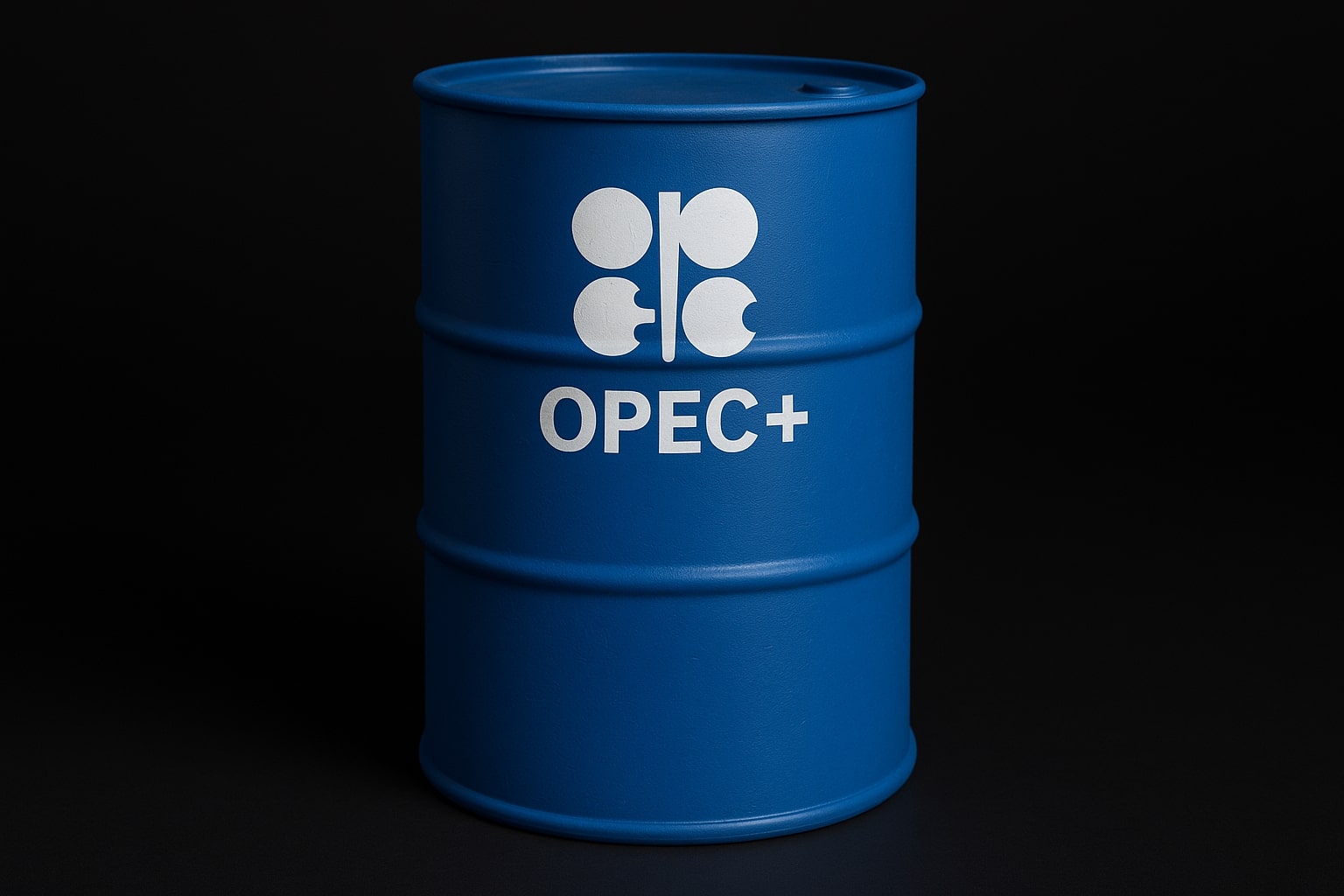
Oil Price Forecast - WTI at $63.39 and Brent $67.60 as Russia Boosts Exports, Iraq Pipeline Talks Advance
Crude balances shift with Russian shipments at 3.62M b/d, Iraq’s 230K b/d pipeline near restart, and Kuwait hitting 3.2M b/d capacity; WTI holds $62 floor, Brent capped under $69 | That's TradingNEWS
WTI (CL=F) Climbs to $63.39 and Brent (BZ=F) Reaches $67.60 as Supply Headlines Dominate
Russian Refinery Disruptions Drive Volatility
West Texas Intermediate (CL=F) advanced to $63.39 per barrel, up 1.78%, while Brent (BZ=F) climbed to $67.60, up 1.55%, as Russia’s refinery system came under sustained pressure from Ukrainian drone strikes. Refinery runs dropped below 5M b/d, their weakest level since April 2022, forcing Moscow to increase seaborne crude shipments to 3.62M b/d, the highest since mid-2024. The move stabilized Russian revenues but reduced diesel exports, which fell to just 400,000 b/d, down nearly 50% from the 820,000 b/d peak in February. India continues to anchor demand, with purchases projected to rise from 1.6–1.7M b/d to as high as 2M b/d if Russia keeps flooding the market. Despite the surge in exports, Russia’s OPEC+ quota rose only modestly in September to 9.449M b/d, up from 9.344M in August.
Iraq’s Pipeline Restart and Middle East Output Expansion
Iraq announced progress with Kurdistan toward restarting pipeline exports via Turkey that have been offline since March 2023. The expected restart of 230,000 b/d could add barrels back into the Mediterranean market, but delays remain likely as Kurdish producers press Baghdad for guarantees. Simultaneously, Kuwait reported production capacity of 3.2M b/d, its highest in a decade, underscoring how Gulf producers are positioning to capture incremental demand. These supply boosts arrive just as Saudi Arabia weighs whether to maintain unilateral cuts beyond year-end, particularly with Brent unable to break convincingly above $70.
North America Signals Mixed Crude Performance
U.S. crude benchmarks showed varied pricing, with Louisiana Light at $65.22, down 0.90%, and Mars US at $71.01, down 1.33%, reflecting weaker Gulf Coast demand. Gasoline prices climbed 1.02% to $1.998/gal, while natural gas (NG=F) gained 0.93% to $2.832/MMBtu, signaling persistent summer-to-winter demand. On the corporate front, Chevron (NYSE:CVX) is evaluating new regasification projects in Europe tied to Eastern Mediterranean LNG, while Occidental Petroleum (NYSE:OXY) is drilling ultra-deep wells in the Gulf of Mexico at pressures above 20,000 psi, showing how U.S. majors are doubling down on high-cost, high-reward exploration.
Geopolitical Tensions Add Premium to Brent
Brent’s strength near $68 reflects a persistent risk premium tied to global politics. The EU has moved up its ban on Russian LNG imports to January 2027, while China continues to buy sanctioned Arctic LNG cargoes, defying Western pressure. Hungary remains unwilling to cut Russian crude imports, creating fractures in EU policy alignment. Former President Donald Trump, speaking at the U.N., pushed NATO allies to halt Russian energy purchases and floated new tariff threats against Beijing, further clouding demand expectations. These crosscurrents leave Brent vulnerable to political shocks even as supply levels grow.
Read More
-
Sterling Infrastructure Price Forecast: From $351 Today Toward a $400 STRL Stock Target
25.01.2026 · TradingNEWS ArchiveStocks
-
XRP Price Forecast - XRP-USD Near $1.89: $1.85 Breakdown Risk Versus A $2.40–$3.00 Recovery Path
25.01.2026 · TradingNEWS ArchiveCrypto
-
Oil Price Forecast - Oil Surge on Iran Tensions, But WTI (CL=F) and Brent (BZ=F) Remain Trapped in a Supply Glut
25.01.2026 · TradingNEWS ArchiveCommodities
-
Stock Market Today: S&P 500 6,915, Nasdaq 23,501 And Dow 49,098 Face Fed, Tariffs And Tesla Test
25.01.2026 · TradingNEWS ArchiveMarkets
-
GBP/USD Price Forecast - Pound Tests 1.35 Ceiling as UK Data Beat and Fed Cut Odds Undermine the Dollar
25.01.2026 · TradingNEWS ArchiveForex
Norwegian and Australian Supply Projects Reinforce Future Growth
Norway’s Equinor secured approval to launch its Verdande development, linking back to the Norne field with 36M barrels of recoverable reserves slated for output by late 2025. Meanwhile, Australia’s Santos (ASX:STO) is pressing forward with the $4.5B Barossa LNG project, projected to peak at 850 MMCf/d by the mid-2030s. While neither project alters immediate balances, both highlight a steady build of non-OPEC supply into the late 2020s, a factor that could cap upside for crude benchmarks over the medium term.
Technical Setup Highlights $60–65 Range in WTI and $65–69 in Brent
WTI has successfully defended the $62 floor, with strong buying interest expected down to $60, while resistance remains heavy at $65. Brent is consolidating between $65 and $69, with the 50-day EMA near $66.50 acting as a pivot point. Speculative positioning shows hedge funds cutting long exposure, reflecting concerns of oversupply. Yet this de-risking creates room for sharp rallies if geopolitical risk escalates or if Iraq’s pipeline restart is delayed. The market remains range-bound, but traders should expect bursts of volatility around these technical levels.
Verdict — Hold Crude as WTI Defends $62 and Brent Struggles at $69
With WTI at $63.39 and Brent at $67.60, the oil market sits at a delicate balance between oversupply risks and geopolitical premiums. Russian refinery outages, Iraqi pipeline negotiations, and Kuwait’s supply boost suggest downside pressure, but U.S. political rhetoric, EU sanctions timing, and Middle East instability limit the bear case. The trading bands of $60–65 WTI and $65–69 Brent remain decisive. Until a breakout occurs, crude is a Hold, with a bullish tilt if Brent clears $70, but a bearish confirmation if WTI slips under $60.
That's TradingNEWS














